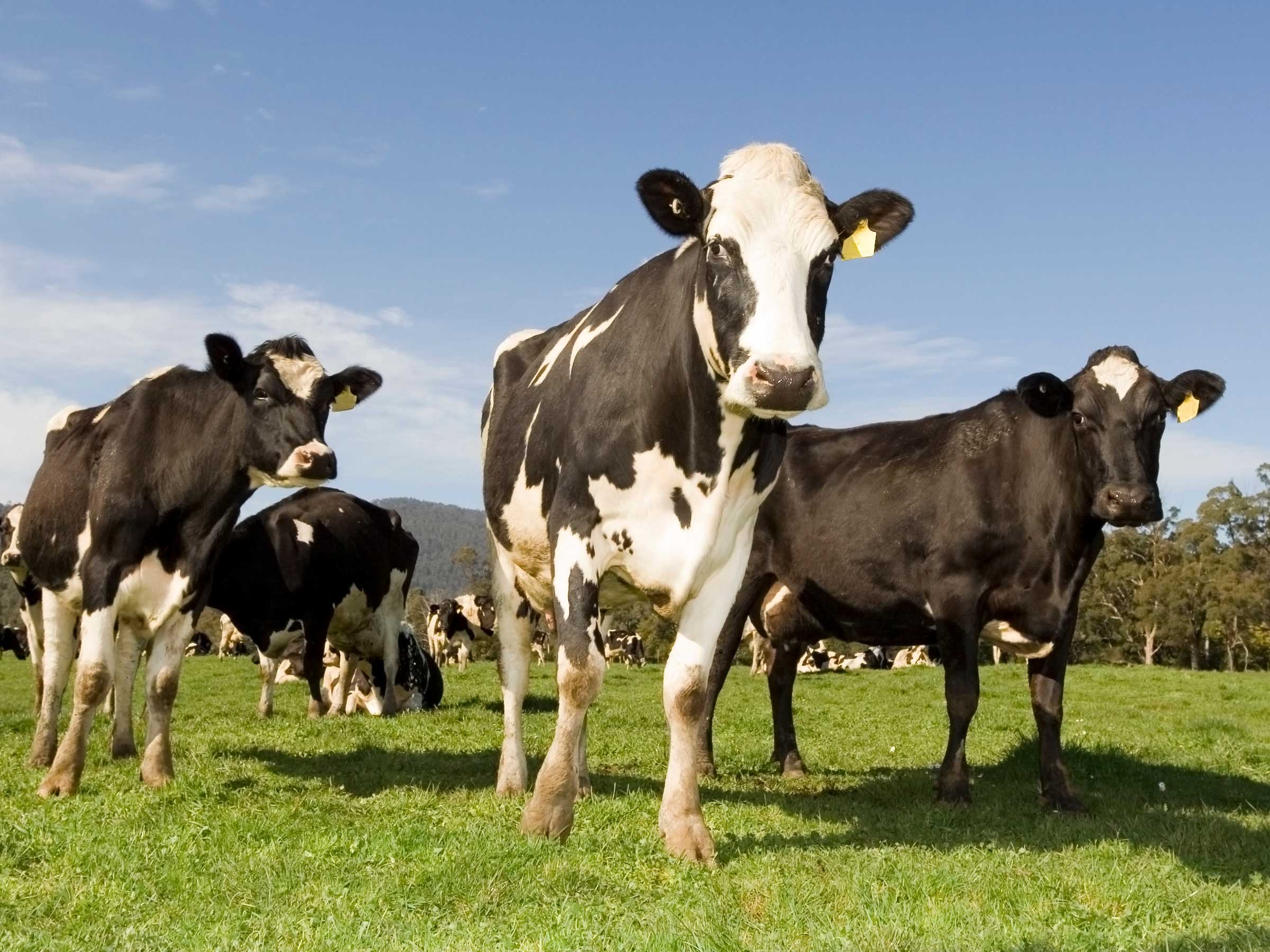25 October 2022
2 min read
#Private Client Practice, #Agribusiness
Published by:

The supply chains in which farmers and the broader agribusiness community operate have experienced significant challenges over the past 30 years, particularly around ‘deregulation’.
These include unequal bargaining power between processors and farmers, and systemic transparency issues in contract and pricing practices, and have now culminated in the Australian Competition and Consumer Commission (ACCC) implementing the Dairy Industry Code of Conduct (Code), which came into effect on 1 January 2020.
The Code regulates the conduct of farmers and milk processors in their dealings with one another and applies to retailers to the extent that they purchase milk directly from farmers. Under the Code, all processors that intend to buy milk from farmers in the next financial year are required to publish standard form milk supply agreements (MSA) by the publication deadline, which is 2:00pm (Australian Capital Territory time) on 1 June each year. Additionally, an MSA must not permit a processor to unilaterally terminate an MSA, except where the farmer has committed a ‘material breach’ of the agreement to ensure that farmers are not treated unfairly.
Initially adopting a ‘light touch’, the ACCC now considers that processors have had sufficient time to familiarise themselves with their obligations under the Code, signalling a focus on ensuring compliance as part of its 2022-23 Compliance and Enforcement Policy and Priorities. Farmers will be pleased to hear these weren’t empty words following the conclusion of the first court proceedings instituted under the Code since it came into effect.
In the case of Australian Competition and Consumer Commission v Lactalis Australia Pty Ltd [2022] FCA 1087, the Court found that Lactalis Australia Pty Ltd (Lactalis) breached the Code in relation to the 2020-2021 milk season when it failed to publish its MSAs on its website by the Code’s deadline of 2:00pm on 1 June 2020, instead requiring dairy farmers to sign-up through a web portal to receive them by email. The Court also found that Lactalis breached the Code by publishing and entering into agreements that allowed them to unilaterally terminate the agreement in circumstances that did not amount to a material breach. In particular, Lactalis was permitted to unilaterally terminate the agreement when, in their opinion, the farmer had engaged in “public denigration” of processors, key customers or other stakeholders.
While the court is yet to determine the level of relief, the ACCC is seeking orders, including penalties, declarations, injunctions, a corrective advertising order and costs so the consequences of breaching the Code are expected to be significant. In the meantime, this case reminds all dairy processors that failure to comply with the Code may result in ACCC enforcement action, including court proceedings. At the same time, farmers should feel encouraged to report potential non-compliance with the Code to the ACCC.
Disclaimer
The information in this publication is of a general nature and is not intended to address the circumstances of any particular individual or entity. Although we endeavour to provide accurate and timely information, we do not guarantee that the information in this newsletter is accurate at the date it is received or that it will continue to be accurate in the future.
Published by: